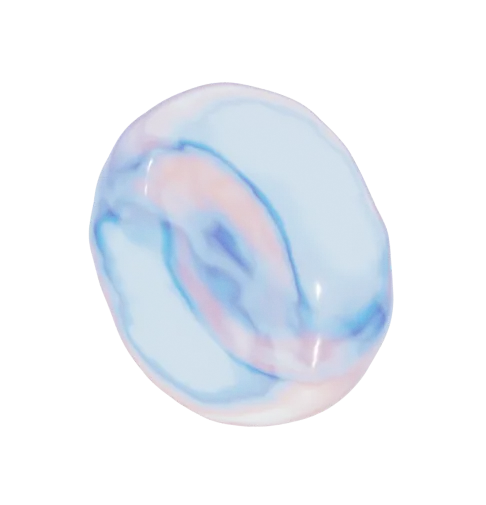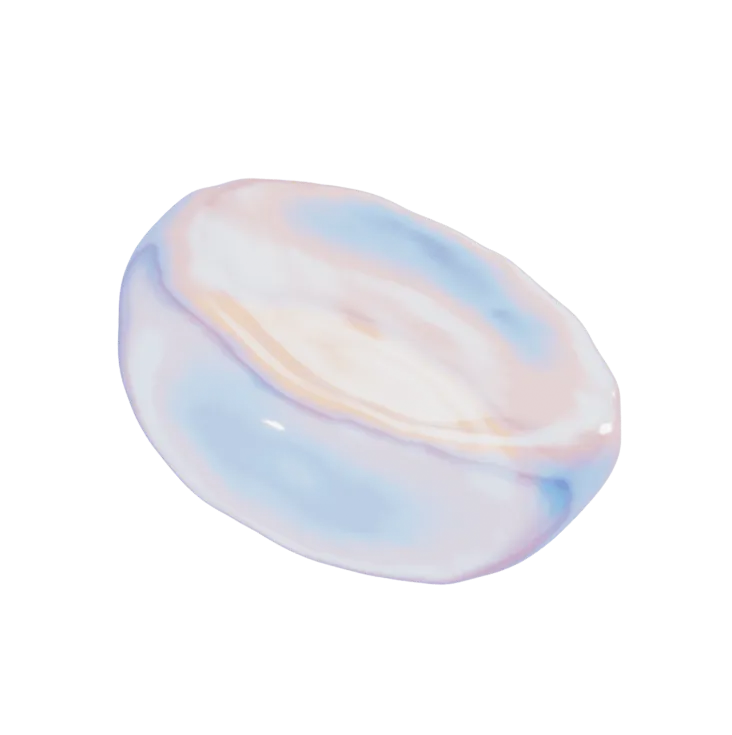

Canada needs more plasma
There is a growing global clinical need for immunoglobulins. Immunoglobulins are made from source plasma and around 75% of the source plasma in the world comes from compensated donors.
More than 80% of of the plasma used to make plasma-derived medicines for Canadian patients is sourced from the United States. By becoming an eligible donor, you contribute to closing a wide disparity in sufficient plasma supply to support the needs of the Canadian patient population.
80%
More than 80% of the plasma used to make plasma-derived medicines for Canadians comes from healthy, compensated donors in the United States.
15%
Approximately 15% of the plasma comes from Canadian donors.


What is plasma?
92%
Water

1%
Other solutions

safety & compensated plasma
Providing compensation for plasma donations respects the time, energy, effort, and role that plasma donors play in creating lifesaving plasma-derived medicines.
Safety Standards
Due to the strict standards established in Health Canada's Food and Drugs Act and Blood Regulations, Canada maintains one of the most secure blood systems globally. These standards govern the collection of blood and plasma, essential for the health and welfare of the Canadian population. Nonetheless, variations exist in the methods of collection, processing, and utilization of these blood and plasma components within the health care framework.
To ensure the process is accessible, donors should be compensated for their transportation and the hours of time they give. Canadian governments must make legislative changes to build a sustainable supply of plasma to support Canadian patients.
130
plasma donations to treat ONE primary immune deficiency patient yearly.
900
plasma donations to treat ONE alpha-1 deficiency patient yearly.
1200
plasma donations to treat ONE hemophilia patient yearly.
why plasma is essential
Plasma protein therapies are relied upon by patients suffering from life-threatening, rare diseases that require regular treatments. Any decline in plasma donations implies serious health consequences for the hundreds of thousands of individuals living with these conditions, as well as countless others facing trauma and emergency medical needs every day.
130
plasma donations to treat ONE primary immune deficiency patient
900
plasma donations to treat ONE Alpha-1 deficiency patient
1200
plasma donations to treat ONE Hemophilia patient

Patient story
Jeff is a Canadian alpha-1 patient and one of three siblings all living with alpha-1 antitrypsin deficiency. Jeff has benefited greatly from being on plasma protein augmentation therapy for the last five years.
I want to thank all the people who have taken the TIME to donate plasma, especially in these pandemic years. It is with this gift that you provide me, and so many other Alphas, more TIME to enjoy life with friends and family. The plasma that I get weekly has stabilized my lung function and given me hope for a healthier future. Thank you!”

plasma-derived medicines
Plasma-derived medicines are relied upon by rare disease patients and by those in critical care, including but not limited to:


Other Resources
Explore our resources to discover more information about plasma-derived therapies, our work, news, and publications.




